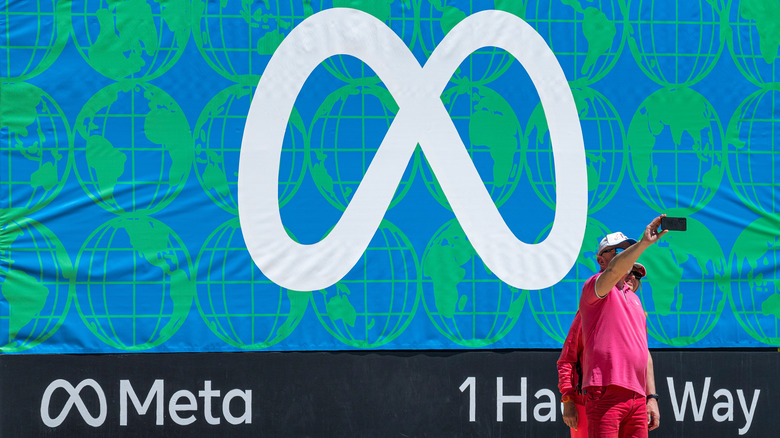Meta Thinks Users Would Pay More Than Netflix For Ad-Free Facebook And Instagram
Meta might soon offer an ad-free tier of Facebook and Instagram to comply with EU privacy laws, but the hit on an average social media user's pocket could be more than what Netflix asks for streaming movies and TV. The Wall Street Journal, Reuters, and Financial Times separately report that Meta is planning to serve an ad-free version of Instagram for mobile devices that costs $14 per account.
For folks interested in a bundled deal that also includes Facebook access — and the flexibility to access the desktop versions of both platforms — they might have to cough up $17 per month. For solely desktop access, Meta reportedly plans to charge around $10.50, since the company doesn't have to pay the App Store or Google Play Store commission for the web versions. For comparison, Netflix charges a sum of $15.49 for its Standard ad-free subscription tier in its home market.
Meta reportedly shared plans of creating ad-free tiers of its social media platforms for the European audience in meetings held with regulatory authorities last month. Notably, the company, including chief Mark Zuckerberg, has repeatedly stressed in the past that the ability to communicate with friends and family shouldn't come at a price.
However, the tightening rules around data privacy and ad targeting threaten to shrink Meta's bread-and-butter revenue stream, which is what spurred the company to explore ad-free paid versions of Facebook and Instagram. However, there seem to be no plans to extend ad-free versions to other markets.
What Meta's social kerfuffle is all about?
Ads make up Meta's biggest revenue stream, and the company itself can only offer its social media services worldwide for free because of ads. However, the methods employed by Meta to track users and serve them relevant ads have drawn concerns, especially over fears of privacy and behavioral profiling.
In July 2023, EU courts prohibited Meta from mixing up user data collected across its social media and messaging platforms. At the center of the tussle are personalized ads, which Meta pushed as a mandatory condition for using its platforms. It also explains why Meta fiercely opposed Apple's rule allowing users to opt out of tracking by apps.
Meta is chasing a November deadline covering a court ruling that Meta can't use the personal data of users to serve them targeted ads without seeking explicit consent for the same. The company is expected to officially detail plans for an ad-free paid tier of Facebook and Instagram in the coming weeks to comply with regional data privacy laws.
Meta won't be the only social media platform that is exploring ad-free versions to alleviate privacy concerns. Code snippets spotted by Android Authority suggest that TikTok is also exploring an ad-free version for the U.S. market, where it has faced intense scrutiny over the handling of personal data and alleged targeting of high-profile accounts. TikTok later confirmed to TechCrunch that the plans are indeed in progress.
Social media is already knee-deep into a paid future
Meta is no stranger to selling paid perks. Earlier this year, the company launched Meta Verified — a subscription service that costs up to $14.99 per month on Instagram and/or Facebook. It bestows a verified blue check on the accounts and offers benefits like enhanced protection from bad actors and priority access to customer support.
X, formerly known as Twitter, also has a similar product on offer called X Premium. It also puts the blue checkmark behind a paywall, but offers additional benefits such as the ability to publish longer posts, edit content, custom app icons, hide the likes feed, and longer videos among others.
However, there's one crucial difference. Meta's paid tier for Facebook and Instagram will be entirely devoid of personalized ads, but X Premium only cuts the number of ads you see by half. It's not just the average user feeling the pinch on their wallets.
With the rise of massive AI models, the likes of X and Reddit have put a fat price tag on APIs, the secret code sauce that allows access to a platform's data pipeline. While that might sound like a sound strategy to milk money from AI labs for giving access to valuable human interaction data, researchers and scientists suddenly find themselves on a severe financial backfoot.


